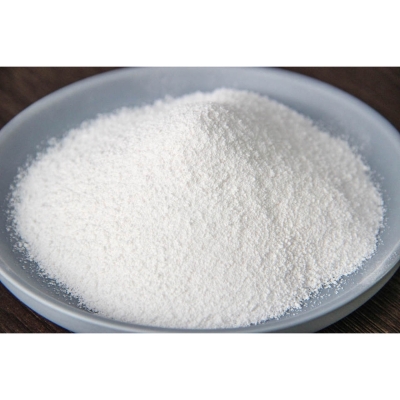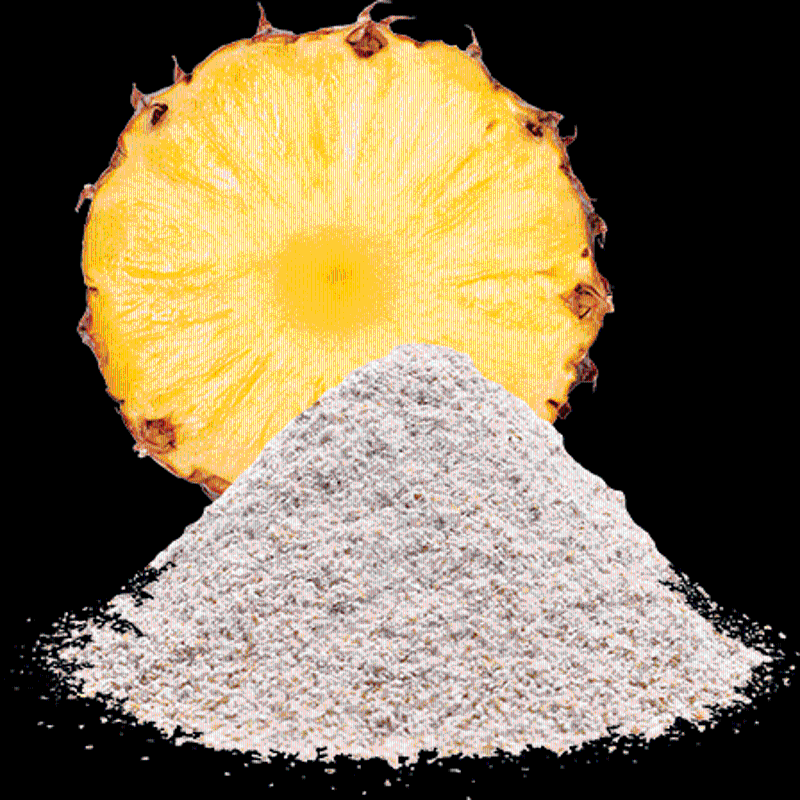-
Categories
-
Pharmaceutical Intermediates
-
Active Pharmaceutical Ingredients
-
Food Additives
- Industrial Coatings
- Agrochemicals
- Dyes and Pigments
- Surfactant
- Flavors and Fragrances
- Chemical Reagents
- Catalyst and Auxiliary
- Natural Products
- Inorganic Chemistry
-
Organic Chemistry
-
Biochemical Engineering
- Analytical Chemistry
-
Cosmetic Ingredient
- Water Treatment Chemical
-
Pharmaceutical Intermediates
Promotion
ECHEMI Mall
Wholesale
Weekly Price
Exhibition
News
-
Trade Service
Nie Yinfeng, Vice Chairman of China Canned Food Industry Association
Canned food has been favored by consumers in many countries for many years because of its small changes in nutrients and flavor during processing, as well as its cleanliness, hygiene, and convenience for eating
Process nearby to keep food fresh
As early as 1997, scientists in the United States conducted a comparative study on various nutrients in fresh fruits and vegetables, frozen fruits and vegetables and canned fruits and vegetables
Take fruit as an example.
Essential nutrients are preserved
The sterilization temperature usually used for canned food is generally 120 °C, while the sterilization temperature of canned vegetables and fruits is lower, generally 80 °C - 90 °C
Vitamin A: Carotene has a stable structure and less loss during the production of canned food.
Vitamin C: Although part of this element will be lost during the heating process, it is only largely decomposed in the aqueous solution, and the remaining vitamin C will exist in a stable form during the shelf life of the product;
Folic acid: The stability of folic acid corresponds to that of vitamin C;
Vitamin B1: During the production of canned beans, the loss of vitamin B1 is less than its loss during cooking;
Potassium and calcium: the content of these two elements will not change during the production of canned food;
Dietary fiber: The canning process not only does not have any effect on this substance, on the contrary, it also promotes its dissolution and strengthens its structural organization, which is more conducive to its absorption by the body
Different raw materials take different processes
The basic processing process of canned food generally includes the selection of raw materials, cleaning, peeling, cutting, pre-cooking, adding accessories, sterilization, exhaust, cooling, packaging,
The selection of raw materials is more important, which is the basic link to ensure the quality of canned food processing
In the pre-cooking stage, it is necessary to select the appropriate temperature and time according to the variety of ingredients to ensure their maturity
The purpose of adding excipients is to ensure the unique taste of canned food.
At present, with the application of new technologies, canned food can not only ensure product safety and nutrition, but also have color, aroma, taste, and shape.
"China Food News" (December 8, 2021 03 edition)
(Editor in charge: Zhou Yan)







